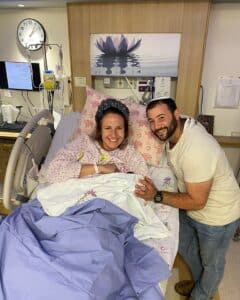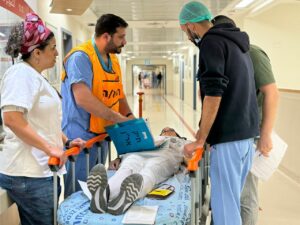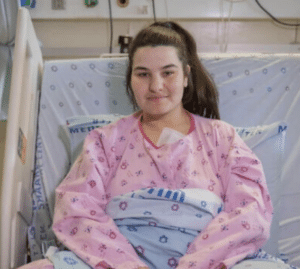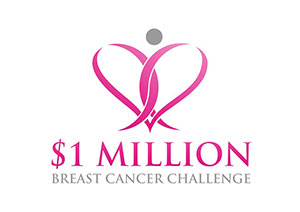Shaare Zedek Medical Center, in collaboration with the Hebrew University of Jerusalem and Tel Aviv Sourasky Medical Center, has played a pivotal role in a groundbreaking medical breakthrough. Their research team introduced a novel MRI approach that utilizes quantitative MRI to sensitively detect changes in brain iron homeostasis. In their experiments, this MRI technology successfully revealed distinct paramagnetic properties of key iron compounds, such as ferritin, transferrin, and ferrous iron. The true breakthrough occurred during in vivo MRI scans of brain tumour patients at Shaare Zedek Medical Center, where the technology was validated against ex vivo iron compound quantification of resected tumours. This validation process involved advanced transcriptomics and proteomics analyses conducted by experts at the Hebrew University and the Molecular Neupro-oncology lab at Shaare Zedek Medical Center.

The success of this pioneering study can be attributed to the diverse and interdisciplinary composition of the research team, which included experts from various disciplines and specialties. Dr. Tal Shahar led the medical aspect of the study, while Dr. Rona Shahrabani and Dr. Nevo Margalit made significant contributions to the experimental work with iron proteins and patient surgeries. Dr. Eli Ben David played a vital role in enabling MRI scans, and Dr. Naomi Habib brought valuable knowledge in gene expression analysis. This collective expertise and unwavering dedication significantly enhanced the study’s success.
In summary, this MRI quantification technology represents a major breakthrough in assessing brain iron levels, with potential applications in various medical fields. Its non-invasive nature and ability to provide insights into previously inaccessible molecular iron states make it a promising tool for research and diagnosis in the living human brain.
With the unwavering support of our community, we continue saving, delivering, and changing lives.











